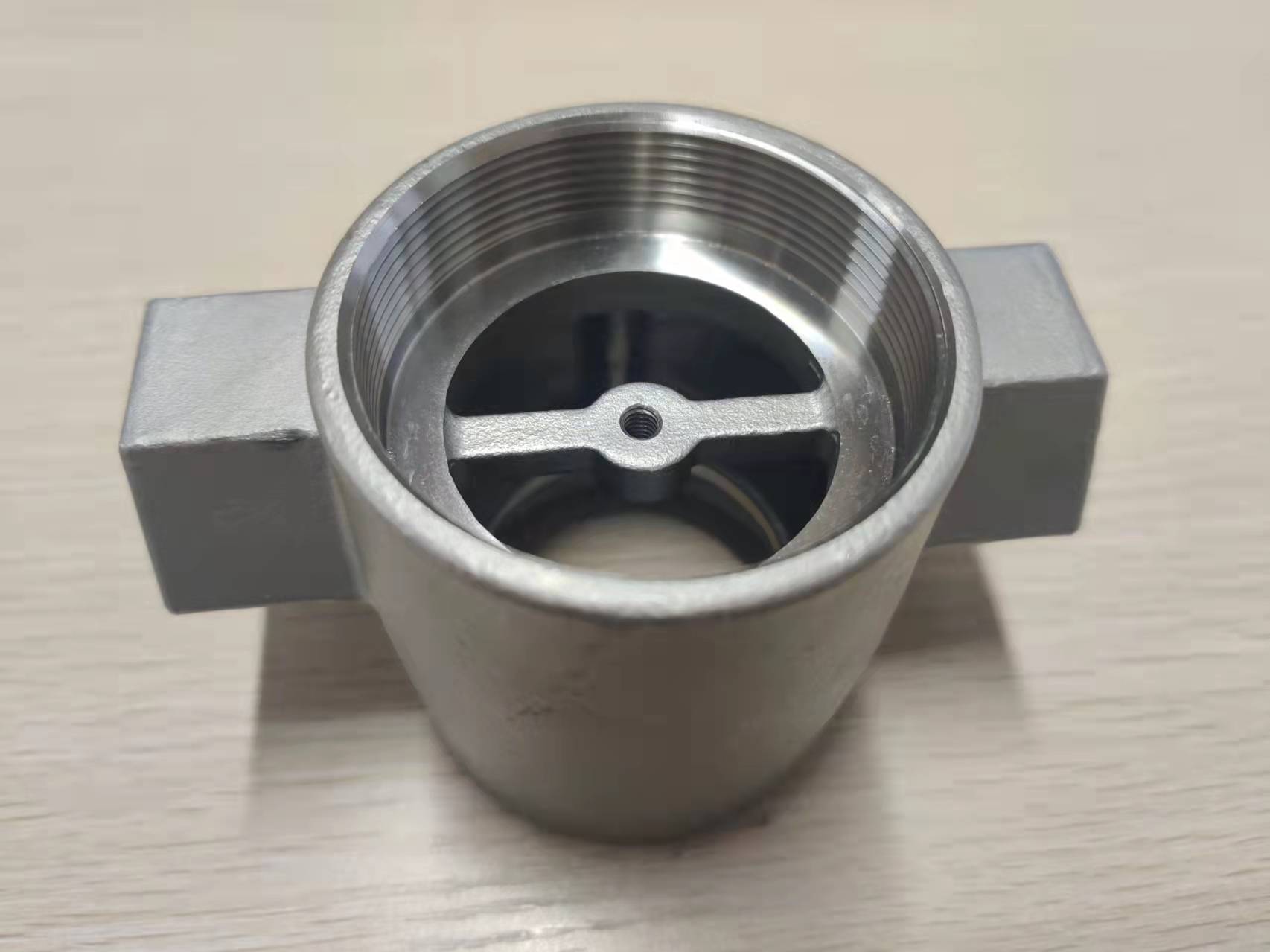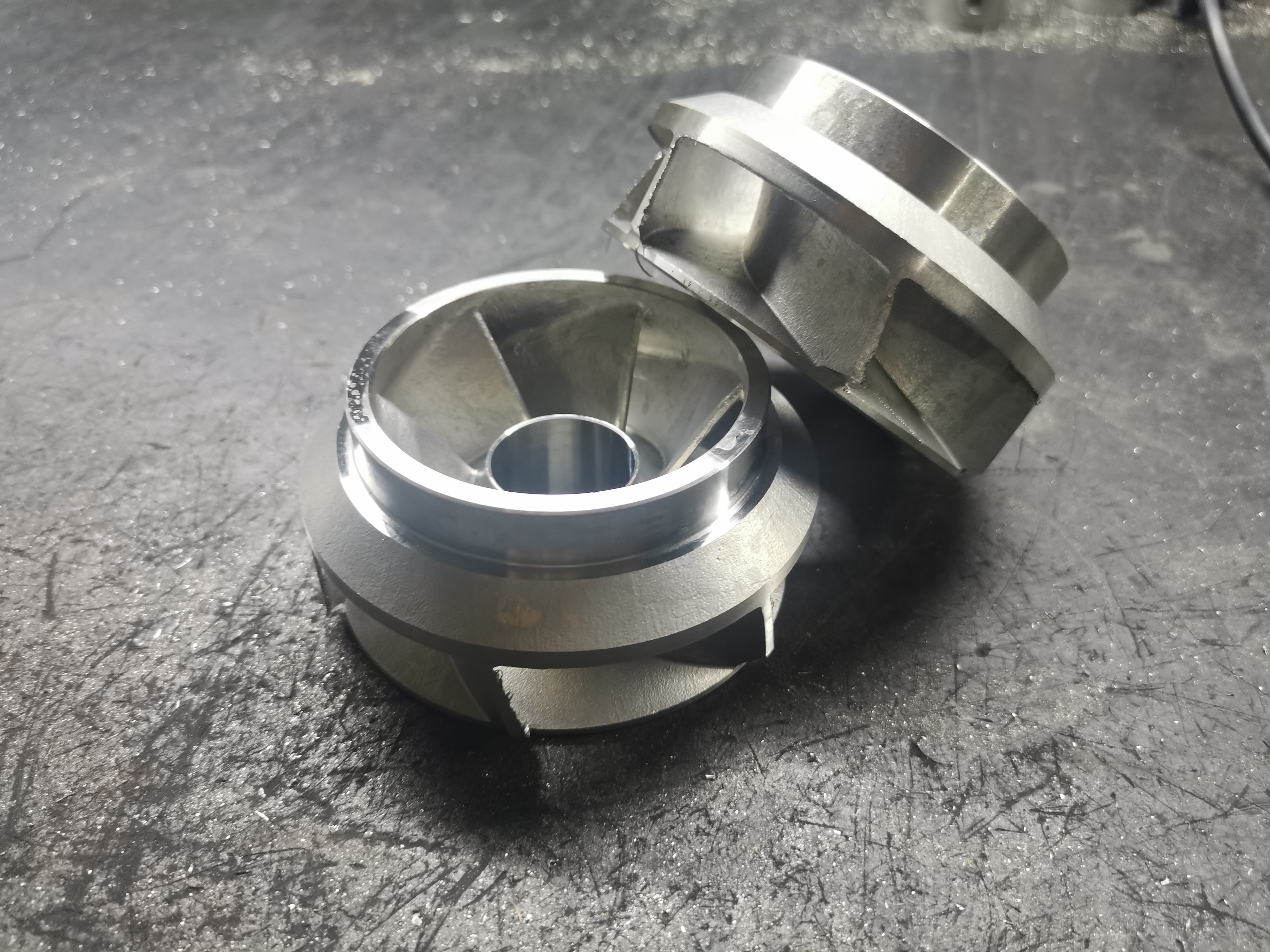The difference between 316 and 304 stainless steel casting
316 and 304 china precision casting stainless steel castings are widely used where corrosion resistance is required. 316 and 304 custom investment casting are widely used in everything from construction and medical to food equipment. Stainless steel castings are ideal for use in hygienic environments. On the one hand, they do not react with corrosive acids. At the same time, surgical instruments and tableware made of stainless steel are easy to clean and sterilize. Another reason to use stainless steels is that they do not require powder coating to resist corrosion and maintain their aesthetics. Of course, wear and corrosion are only a matter of time before they are called stainless steel castings, but they are still an excellent solution for harsh environments and can provide durable products in a wide variety of areas.
316 stainless steel investment casting china: Due to the addition of molybdenum to 316 custom stainless steel casting, its corrosion resistance, atmospheric corrosion resistance and high temperature strength are particularly good. It can be used in harsh conditions; it has excellent work hardening properties (non-magnetic). When choosing austenitic stainless steels for marine applications, 316 stainless steel is generally considered to be one of the most suitable choices.
Scope of application of 316 lost wax casting parts:
The equipment is used in seawater, chemical, dye, paper, oxalic acid, fertilizer and other production equipment, Photography, Food Industry, Coastal Installations, Ropes, CD Rods, Bolts, Nuts, etc.
304 stainless steel castings: 304 china alloy steel casting is the most common steel grade. As a widely used steel, it has good corrosion resistance, heat resistance, low temperature strength and mechanical properties; it has good hot working properties such as stamping and bending, and has no heat treatment hardening phenomenon (non-magnetic, operating temperature- 196℃~800℃).
Scope of application of 304 lost wax casting supplier:
Household products: tableware, cabinets, indoor plumbing, water heaters, boilers, part of bathtubs, Auto parts: wipers, mufflers, moldings, Medical equipment, building materials, chemicals, food industry, agriculture, ship parts, etc.
Post time: May-10-2022












